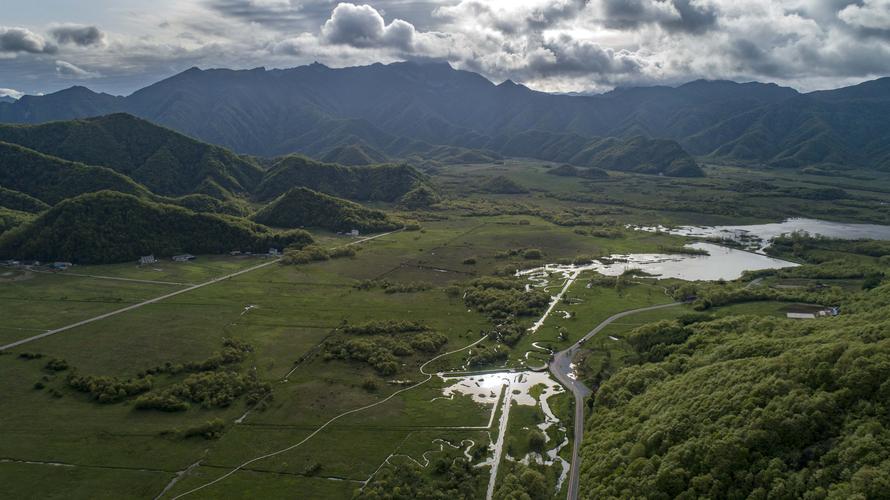Natural gas is an essential energy source that powers various industries and homes across the globe. However, understanding the factors that affect natural gas intelligence and their impact on market trends can be a game-changer for individuals and businesses that operate within the sector. In this article, we’ll explore five critical factors that significantly affect natural gas intelligence and the impact they have on market trends.
Factor 1: Geopolitical Factors
Geopolitical factors are among the most significant influencers of natural gas intelligence and market trends. The political situation of major natural gas producing and consuming nations has a direct impact on the market. For instance, political tensions and conflicts between nations such as the United States, China, and Russia can lead to fluctuations in supply, demand, and prices.
Factor 2: Environmental Factors
Environmental factors such as climate change and policies aimed at reducing greenhouse gas emissions are also significant influencers of natural gas intelligence and market trends. The increasing awareness of climate change has led to a transition from traditional fossil fuels to renewable energy sources. However, natural gas, which is considered cleaner than coal and oil, is still a viable option for some countries and industries.
Factor 3: Natural Disasters
Natural disasters such as hurricanes, earthquakes, and floods can affect the supply and transportation of natural gas, leading to disruptions in the market. For instance, the 2017 Hurricane Harvey in the United States disrupted natural gas infrastructure in the Gulf of Mexico, causing a substantial decline in supply and price hikes.
Factor 4: Economic Factors
Economic factors such as GDP, inflation, and employment rates can also influence natural gas intelligence and market trends. A thriving economy usually results in an increase in demand for natural gas, which, in turn, leads to a rise in prices. Also, economic growth can lead to the development of new natural gas infrastructure such as pipelines and storage facilities, which can increase supply and reduce prices.
Factor 5: Technological Advancements
Finally, technological advancements in the natural gas sector can significantly impact natural gas intelligence and market trends. Examples of technological advancements that have affected the industry include the development of hydraulic fracturing, better transportation and storage mechanisms, and the increasing use of liquefied natural gas (LNG).
In conclusion, natural gas intelligence is a complex subject that is affected by various factors. These factors may be geopolitical, environmental, economic, natural disasters, or technological advances, and they all play a significant role in shaping market trends. As such, for businesses and individuals who operate within the sector, keeping an eye on these factors and making informed decisions based on market trends is crucial to ensure success.
(Note: Do you have knowledge or insights to share? Unlock new opportunities and expand your reach by joining our authors team. Click Registration to join us and share your expertise with our readers.)
